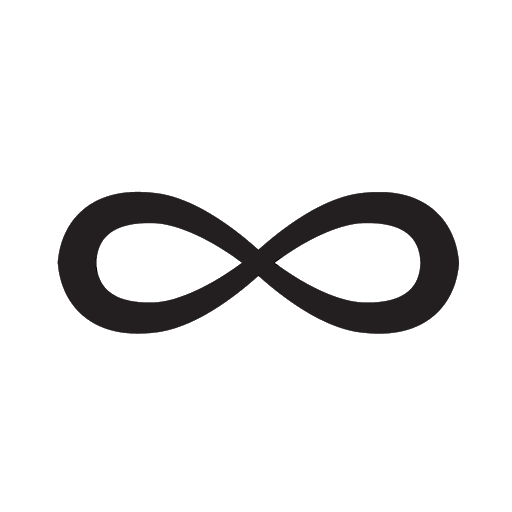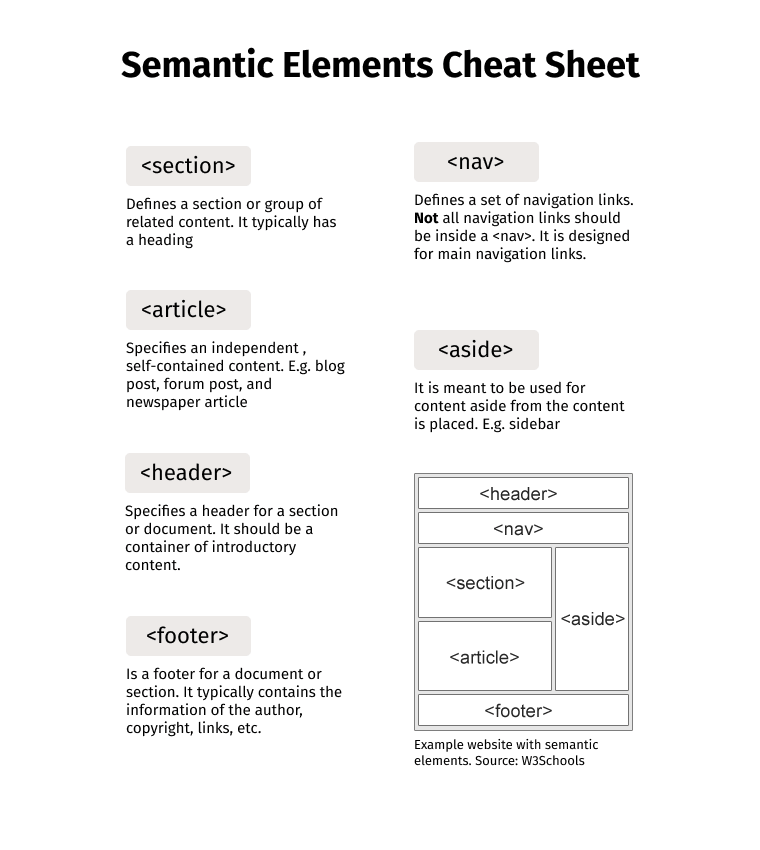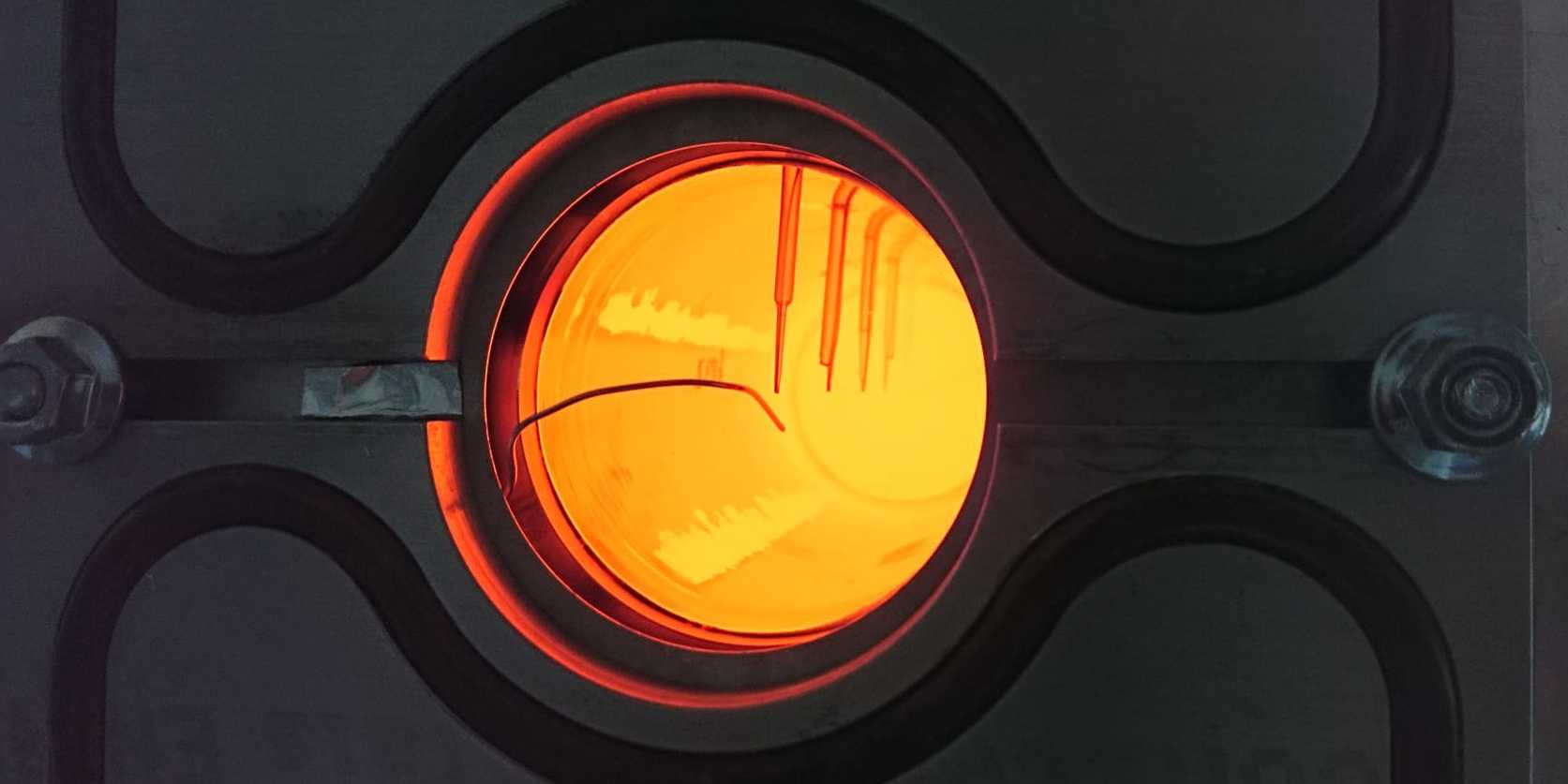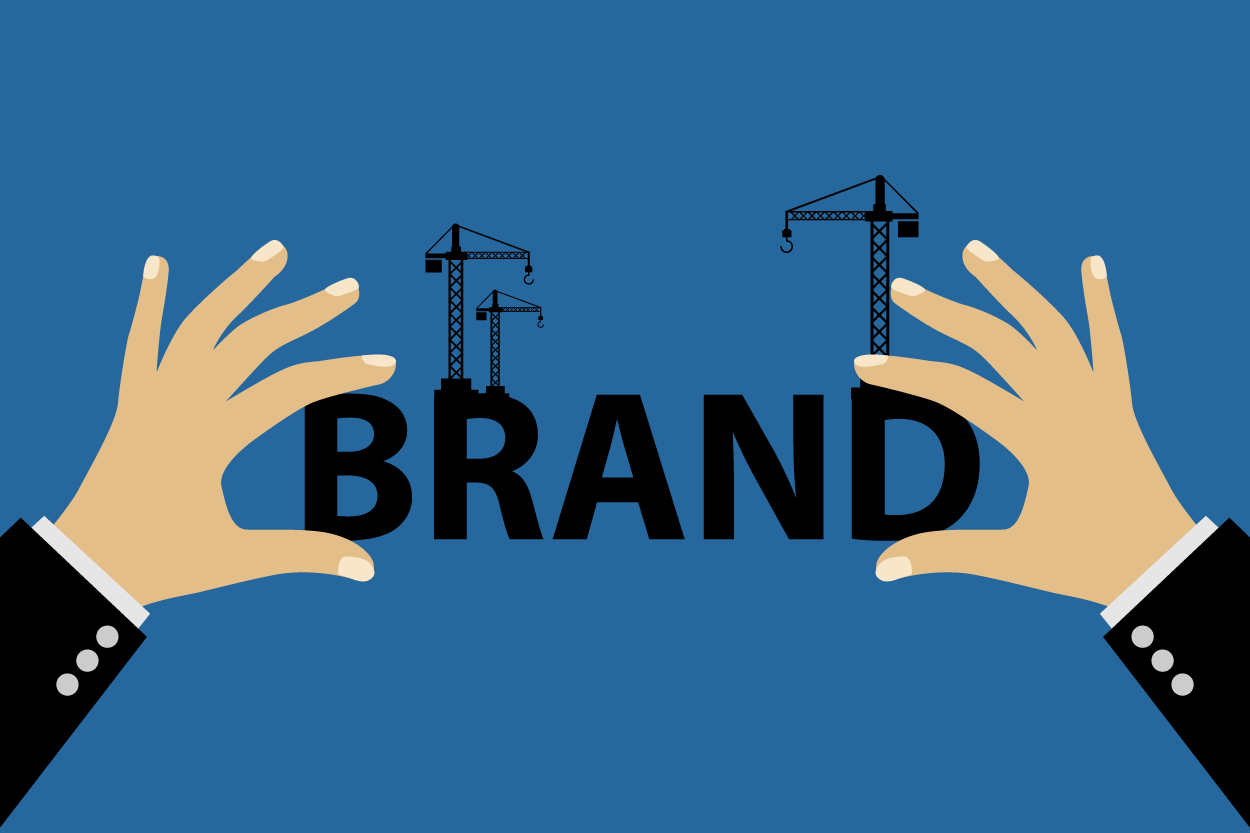Title: A Comprehensive Guide to PHP Frameworks: Choosing the Right One for Your Project
PHP (Hypertext Preprocessor) is one of the most popular programming languages for web development. It offers a wide range of frameworks that simplify the development process, enhance code reusability, and improve overall efficiency. In this article, we will explore some of the top PHP frameworks and help you choose the right one for your project.
Title: A Comprehensive Guide to PHP Frameworks: Choosing the Right One for Your Project
PHP (Hypertext Preprocessor) is one of the most popular programming languages for web development. It offers a wide range of frameworks that simplify the development process, enhance code reusability, and improve overall efficiency. In this article, we will explore some of the top PHP frameworks and help you choose the right one for your project.
1. Laravel:
Laravel is currently the most popular PHP framework, known for its elegant syntax and extensive feature set. It follows the Model-View-Controller (MVC) architectural pattern, making it easy to organize code and separate business logic from presentation. Laravel offers a robust ecosystem with features like routing, caching, authentication, and database migrations, making it ideal for building complex web applications.
2. Symfony:
Symfony is a highly flexible and scalable PHP framework that focuses on reusable components. It provides a solid foundation for large-scale projects and follows best practices, including the MVC pattern. Symfony's modular architecture allows developers to choose only the components they need, making it suitable for projects of any size. It also offers excellent documentation and a supportive community.
3. CodeIgniter:
CodeIgniter is a lightweight PHP framework that prioritizes simplicity and speed. It is known for its small footprint and minimal configuration requirements, making it easy to learn and deploy. CodeIgniter offers a straightforward MVC framework, along with a rich set of libraries for common tasks like form validation, database access, and session management. It is an excellent choice for small to medium-sized projects with tight deadlines.
4. Yii:
Yii (Yes, it is!) is a high-performance PHP framework that emphasizes speed and security. It follows the MVC pattern and provides a rich set of features, including caching, authentication, and role-based access control. Yii's code generation tools and scaffolding capabilities make it easy to generate code and rapidly build applications. It is suitable for both small and large-scale projects, with a focus on performance optimization.
5. CakePHP:
CakePHP is a mature PHP framework that offers a convention-over-configuration approach. It provides a powerful scaffolding system, making it easy to generate code and rapidly prototype applications. CakePHP follows the MVC pattern and offers features like database access, caching, and validation. It has a strong community and extensive documentation, making it an excellent choice for developers who value simplicity and productivity.
Choosing the right PHP framework is crucial for the success of your web development project. Each framework has its own strengths and weaknesses, so it's essential to consider factors like project requirements, scalability, community support, and your own familiarity with the framework. Laravel, Symfony, CodeIgniter, Yii, and CakePHP are just a few of the many PHP frameworks available, each offering unique features and benefits. By understanding their differences, you can make an informed decision and build robust, efficient, and scalable web applications.



























